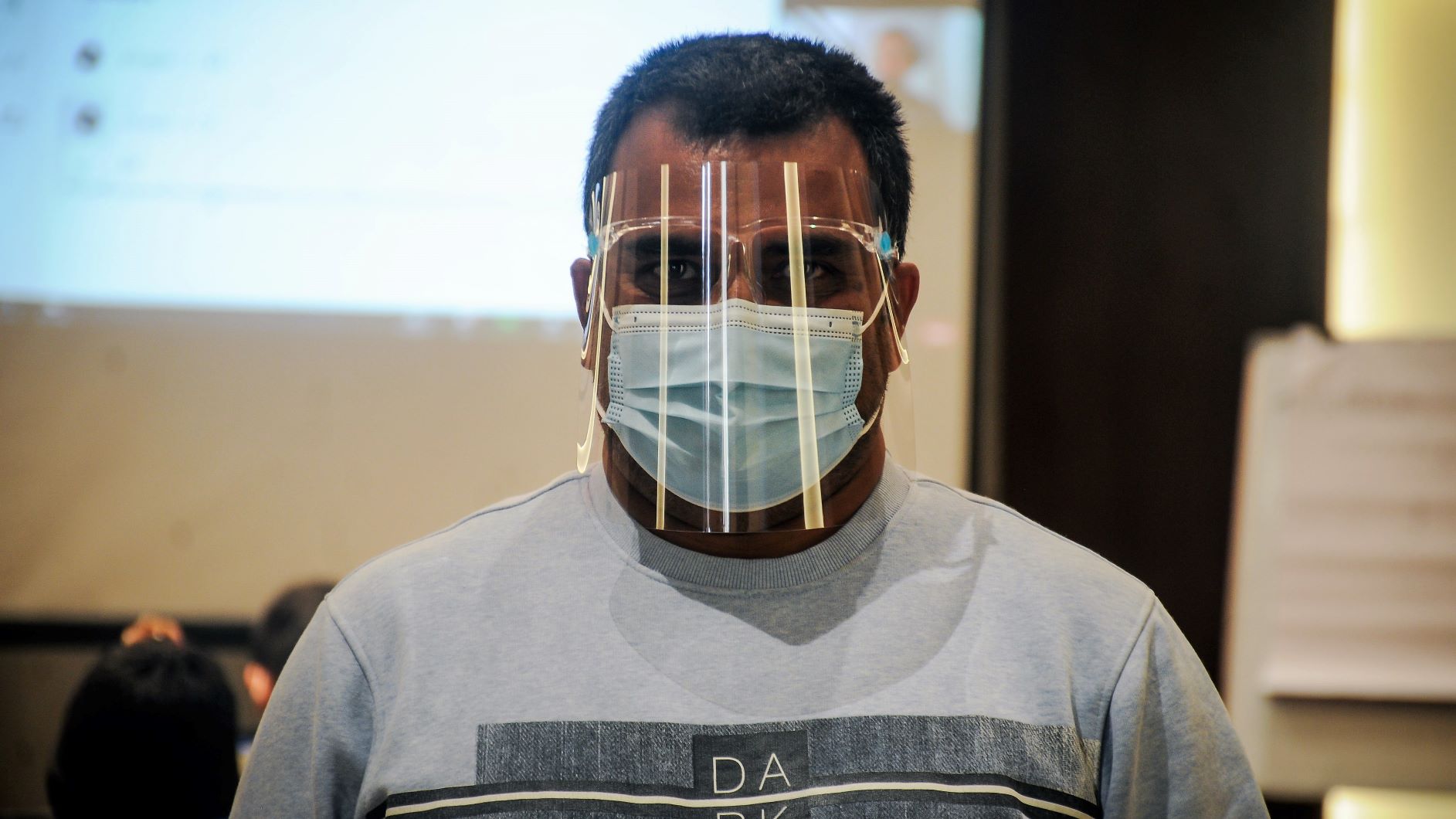There is a saying in Nepali sports fraternity: Rajniti ma khel ra khel ma rajniti le garera dubai chhetra bigriyo (Game in politics and politics in game have damaged both the sectors. Khel can mean either sports or a dirty game, in political sense).
This is a fact everybody in Nepali sports accepts. Minister for Youth and Sports Ganesh Tiwari Nepali is one of them. Reviewing Nepal´s failure in the Asian Games 2010, Minister Nepali declared ´politics is to be blamed for the sorry state of sports´. He went on: ´The sports bodies have become recruitment ground for political parties.´
Very true. But the straight-speaking Minister Nepali had also once (immediately after his appointment) famously said he did not know anything about sports. And quite unfortunately, he is also the one who delayed the appointment of the member secretary of the National Sports Council (NSC) in lack of a candidate within his own party.
Sadly, for long time now, sports sector has never figured as a priority to our government. Given the political upheavals and other areas prioritized for development, the indifference is understandable. Nepali sports has already reeled under the lack of plans, preparation and most importantly budgets. But the biggest hurdle the sports has persistently faced till date is not the lack of plan, preparation or budget. Rather the dirty game of politics between the officials, that has permeated into the sector, has hampered the development of sports the most for the last few decades.
The sports officials squabbling for leadership and making rounds of ministries for budget to cover participation costs has become a routine before every major competition. There have been instances when some sports participation had to be called off due to lack of professionalism on the part of officials (kabaddi could not participate in Asian Games this year for example). In many cases players have broken into tears unable to withstand officials fighting on the arena just before the match (again, kabaddi in South Asian Games earlier this year). At other times they had to cut short their foreign training after the officials failed to get the budget (taekwondo for example).
In between all this, the players have to endure so much mental pressure that when the plane finally leaves the runway, they breathe a huge sigh of relief. Under such circumstances, Nepali players have to put up extraordinary show for a medal at the Asian level. Given the situation, to expect medals is like asking them to accomplish the impossible. I salute those players who even dare to try; and those who actually do the magic and bring a medal or two, ensuring the country´s position on the medal stands.
This year, in the recently concluded Asian Games, the face-saver was Dipak Maharjan, who managed a bronze in boxing. Nepal´s otherwise favorite discipline, taekwondo, had failed to repeat the past glory despite boasting a couple of household names like Ayasha Shakya and Manita Shahi. In an interview to Kantipur TV, they blamed themselves for the defeat. But hidden under their words of pain was a clear, concise message: we lacked preparation and experience for a big stage.
But to write what exactly ails Nepali sports is no good. For those who are in-charge of sports know better than us. They are just ignoring the issues that plagues sports sector as all the want is power, money and foreign trips. If this is not true, why does Minister Tiwari not ask the NSC member secretary he had appointed to resign as ´its [NSC´s] performance is not satisfactory´ in his own words.
If he was honest in expressing his feeling about the role of politics in bringing sports down to a sorry state, should he not lead by example by resigning from his post to improve the situation?
As published in Republica.

